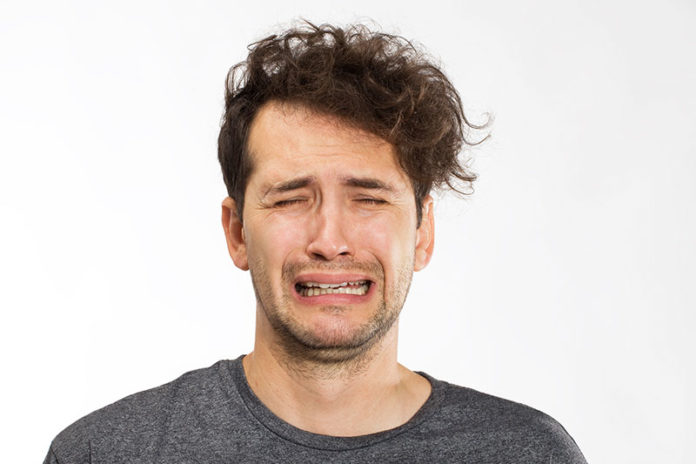In the 36-years since Bob Clark’s A Christmas Story first appeared on the big screen, the movie has become as much a part of the Christmas season as Santa himself. More than just a charming holiday movie, A Christmas Story captures a time in America where kids could be kids; free to roam, daydream, tussle, and yes, even nearly lose an eye, without them (or their parents) being thrown into handcuffs or hauled in front of a family court magistrate. But no longer.
Today’s child-rearing environment, dominated by a combination of helicopter parents and overzealous nanny staters, allows no such freedom or independence for kids. From the earliest ages, today’s children are thrust into government-run schools where they’re put through horrific “school shooting drills.” They are told global warming will render the planet unhabitable by the time they reach adulthood. And, as for burning off this nervous energy? Not a chance. Recess, if not already eliminated, has dwindled in many school districts to just 15 minutes of rigidly structured time, with traditional games like tag and dodgeball banned for being “too mean.”
Of course, today’s snowflake culture does not get any easier for kids outside the school walls. Killjoy government officials have literally made trick-or-treating a crime for kids over a certain age, and similarly have outlawed throwing snowballs. Even make believe is potentially a criminal act in public. Recently, one Minnesota child was arrested and charged with disorderly conduct for his fantasy adventures in a park, when busybody citizens caused a stir online with irrational panic about a “masked predator.” The adult idiocy prompted police to investigate; and instead of dismissing the charges as a patently absurd reaction of adults to the imagination of a shy child, the judge gave him 10 hours of chores.
One must ask to what end this snowflake culture serves? Who are they protecting when playing in the woods results in an expensive and traumatizing legal mishap, or a snowball fight among friends can land kids in jail? The helicopter parents’ and nanny staters’ obsession with a one-size-fits-all prototype for how all children should act, is breaking children in order to fit them into this mold, and punishing them with adult-size penalties when they rebel.
Children today are suspended from school for making finger guns on the playground. In this environment, little Ralphie Parker’s boyhood fascination with the Red Ryder air rifle would not only have him expelled, but also pumped full of Adderall and enrolled in mandated counseling to work out his violent, “toxic masculinity.”
There is some small relief in seeing that some adults are raising the alarm about the extreme emotional trauma caused by this asinine behavior; questioning the long-term harm of mass shooting drills or telling kids the world is going to end if they don’t skip school to protest Republicans. But what about the rest of the rules, regulations, and processes designed to inhibit the natural behaviors of adolescence? Do these people really think there won’t be long-term consequences to this artificial, and largely politically motivated behavior manipulation? Or is that precisely their goal?
Confounding in stupidity as these examples may be, it is frightening to think they represent only those events actually making the news; meaning, they barely scratch the surface of a much broader and deeper social trend. And, while some of us may guffaw at the failures of parents, police and government officials in the anecdotal stories at hand, connecting the dots among them creates a disturbing picture of an American society losing its quintessential grit in favor of some warped utopia of adolescence in America. Aldous Huxley’s dystopian novel Brave New World seems to have arrived at last, 87 years after its publication.
Is it any wonder millennial adults today are utterly incapable of surviving in a workplace that does not offer them constant validation and safe spaces? In freeing them of any supposed emotional or physical “danger” during early adulthood and adolescence, they fail to develop natural defenses to challenges and unpleasantness that life presents to all of us. They are destined to go through life like Ralphie’s little brother, Randy; bundled from head to toe, and barely able to move with the layers of protection wrapped around them.
In today’s society, snowflakes would never allow the Parkers to survive. They would rather see Ralphie dragged to Drag Queen Story Hour than allowed to spend his time playfighting Black Bart in the back yard. Ralphie’s dad – whose prized possession was a ridiculous, schlocky lamp in the shape of a stocking-covered female leg – would find himself vilified by the #metoo movement and run out of town.
If produced according to today’s insipid snowflake criteria, A Christmas Story would be a complete bore; robbed of all the magic and joy that made it a timeless holiday staple. Which, come to think of it, is exactly what snowflakes are doing with real childhood.































